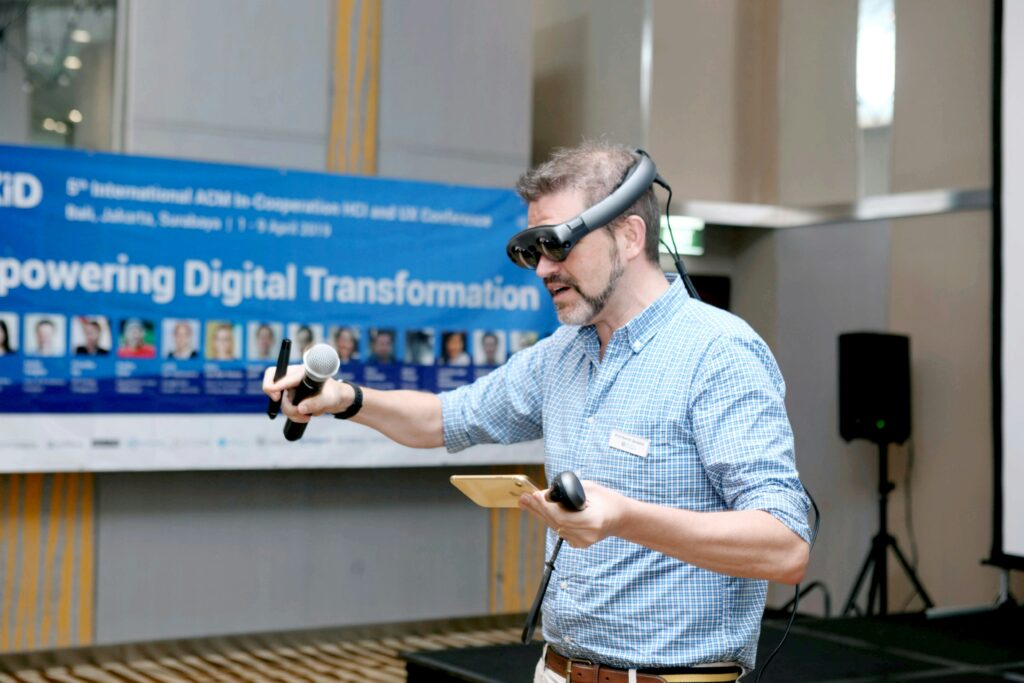In the fast-paced world of technology and business, one development has been quietly revolutionizing the way we work and communicate: virtual reality (VR). While many think of VR as a tool for gamers or entertainment enthusiasts, its applications in the business world are becoming increasingly significant.
According to a report by Grand View Research, the global VR market is expected to reach $92.31 billion by 2027, driven by increased adoption in sectors such as healthcare, education, and manufacturing. This growth is attributed to the ability of VR to enhance training programs, simulate real-life scenarios, and improve collaboration among remote teams.
Key stakeholders such as Mark Zuckerberg, CEO of Meta Platforms (formerly Facebook), have highlighted the transformative potential of VR in connecting people in new ways. Zuckerberg envisions a future where VR will enable individuals to share experiences, attend meetings, and even work together in virtual environments.
With major corporations like Microsoft, Google, and Apple investing heavily in VR technologies, it’s clear that this is not just a passing trend but a fundamental shift in how we interact with technology. As VR becomes more accessible and integrated into everyday business practices, the possibilities for innovation and growth are endless.
In conclusion, the rise of VR in the business world represents a paradigm shift in how we communicate, collaborate, and conduct business. As this technology continues to evolve, its impact on industries and society as a whole will be profound. So, strap on your VR headset and get ready for a future where the possibilities are truly limitless.



